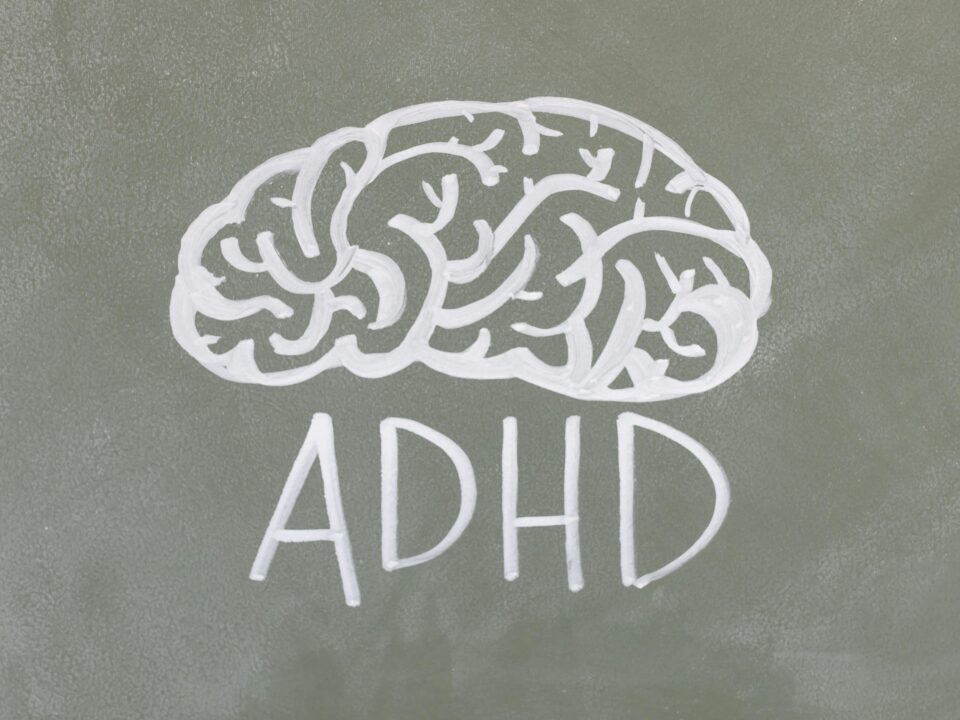What is neurodiversity?

What does neurodivergent mean?
Neurodivergent covers a range of learning differences and developmental conditions. ADHD, Autism, Dyspraxia, and Dyslexia all fall within the umbrella of “neurodivergence” and are all neurodiverse conditions. To be neurodivergent means to process information, behave or have a learning style that is considered “not typical”.
What does neurodiverse mean?
The word “neurodiverse” is a word that has been in the mainstream consciousness for only a few years. It is an umbrella term that makes up the conditions such as autism, ADHD, OCD and dyslexia to name a few. People with those conditions use this label because it groups them all together and saves time in listing if have gotten two or more of the conditions listed.
So how would you know if you are neurodiverse? Well, the most practical route is to keep a diary of what you notice and go to your GP who will then arrange for you to see a psychologist. Bear in mind that referrals can take from a month to a whole year depending on where you live. One thing brought up in the webinar were online quizzes and while it can be an indicator of what conditions you could have, it is no replacement for a clinical diagnosis. Exceptional Individuals have a series of quizzes here.
When was the word “neurodiversity” formed?
The term “neurodiversity” was formed in the 1990s by an American sociologist named Judy Singer. Judy was on the autistic spectrum and created the term to encourage the acceptance and recognition of neurological diversity.
The word was originally only used to describe people with autism, however it is now used to describe people with any form of neurodivergence.
How do you know if you’re neurodivergent?
So say for example you have autism. You also notice that you also like to say certain sounds at a certain time of day. You think you might have Tourette’s also. That is neurodiverse as a lot of the conditions mentioned in the neurodiversity circle have things that overlap with each other a lot. A lot of people think Dyslexia is just the inability to read and write but it can also show shades of itself in other conditions in which sometimes you can jumble up certain words.
You may never know that you are actually neurodiverse until you notice little bits about yourself that only come out in certain situations. You ponder at this and take to the internet to try and get answers to the nagging questions that you have inside of yourself. Remember, the internet should only be a jumping-off point and not the end of the journey. It always helps to take your observations and findings to a doctor to have them further checked and to either confirm or deny them.
It is sometimes said that we all are a little neurodiverse and that can ring true. In more recent years neurodiversity has become more celebrated and accepted but we still have a long way to go to get even more understanding of neurodiverse conditions and to have all facets of life adjusted for it. But we as a society are taking little steps to make sure we reach that goal every single day. The advent of the internet has made it so much easier for people to find the groups that they belong in and to seek help in living the best life that they can.
In recent years, events like Autistic Pride Day have shown up online and across the world to celebrate neurodiversity and to give awareness to the various conditions under the umbrella. Exceptional Individuals has a series of webinars about neurodiversity in which you can access them here or past ones on their YouTube channel here.
What should you do if you think you’re neurodivergent?
If you think you might be neurodivergent, it’s best to speak to your GP. Your GP can then refer you to relevant people to receive support or a full diagnosis. Here at Exceptional Individuals, we have information on each type of neurodiversity, so you can begin learning and understanding.
Plus, you can take one of our online neurodiversity tests to help give you an indication as to whether you need to speak to your GP.



